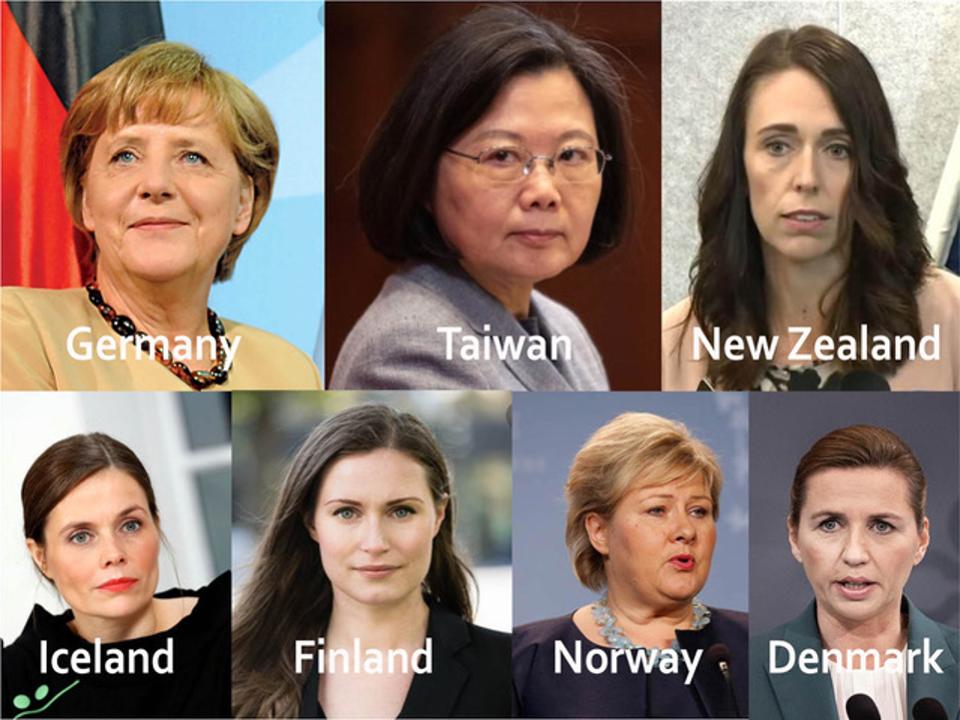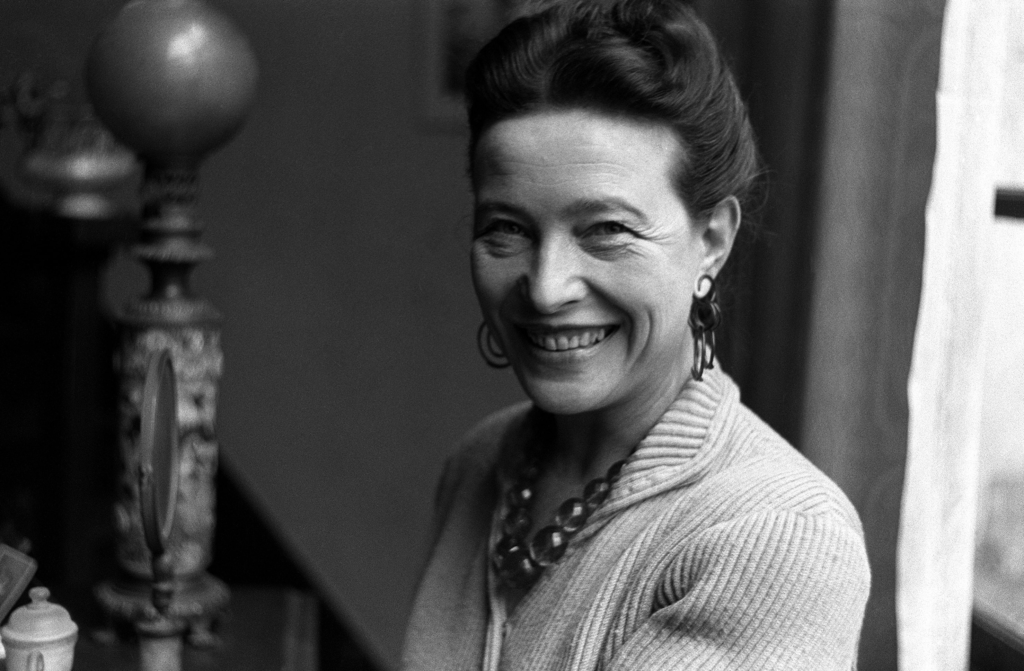WOMEN’S RIGHT TO FULL AND EFFECTIVE POLITICAL PARTICIPATION

According to provisions of the Convention on the Elimination of all Forms of Discrimination against Women (CEDAW), the protocol to the African Charter on the Rights of Women in Africa, and the National Gender Policy, women have the right to participate in political processes that affect them, their families, and societies. Countries like Rwanda, Cuba, Bolivia, and United Arab Emirates with increased women’s participation and leadership in civil societies and political parties tend to be more inclusive, responsive and democratic. Truth is, when women significantly participate in peace processes, they meaningfully help to expand the scope of agreements and improve the prospects for lasting peace.
Historically, Women around the world at every socio-political level find themselves under-represented in parliament and far removed from decision-making levels. Despite representing half the global population, women comprise less than 20 percent of the world’s legislators according to United States Agency for International Development (USAID).
Women in Nigeria face many challenges and discriminatory practices under some existing laws and customs. Political life in Nigeria is based on male norms and values, and men determine the standards for political participation and the rules that govern the electoral process, greatly limiting women’s participation in politics. For example, intending female candidates for political offices are often disadvantaged, and even disqualified, by rules and cultural norms surrounding marriage and indigeneship. In some cases, parties actively exclude women from standing for office and most often than not, female political candidates are often subject to hate speech, threats or violence. Nevertheless, Women are known to be resilient family and society builders and are naturally imbued with salient and sterling leadership qualities. Over time in history, a few women who have been entrusted with leadership roles have more often than not proved that when given adequate backing, women can perform creditably – a case study of Dr. Ngozi Okonjo-Iweala and Margaret Ekpo in managing human and material resources.
In conclusion, women’s full and effective political participation births gender equality, inclusive growth, and sustainable development. The active participation of women, on equal terms with men, at all levels of decision-making and political involvement provides a balance that more accurately reflects the composition of society and may as such enhance the legitimacy of political processes by making them more democratic and responsive to the concerns and perspectives of all segments of society. Research shows that as more women are elected to office, there is a corollary increase in policy making that emphasizes quality of life and reflects the priorities of families, women, ethnic and racial minorities.
Speak Wednesday is an initiative of Centre for Family Health Initiative (CFHI) to address issues around gender-based violence and gender bias. Join us every Wednesday on all our social media platforms for more interesting episodes.


